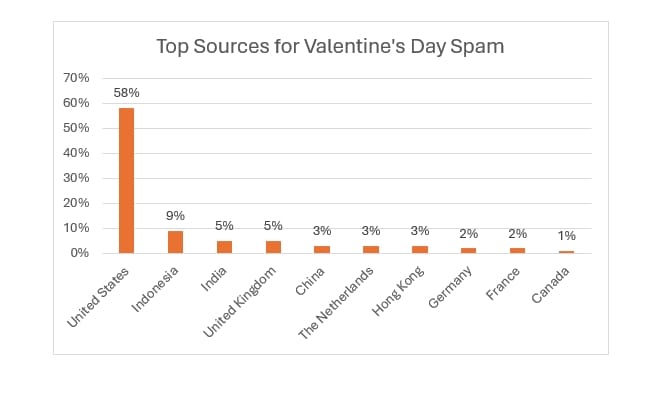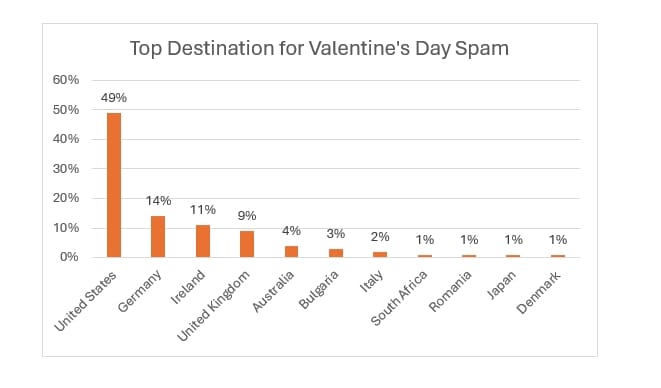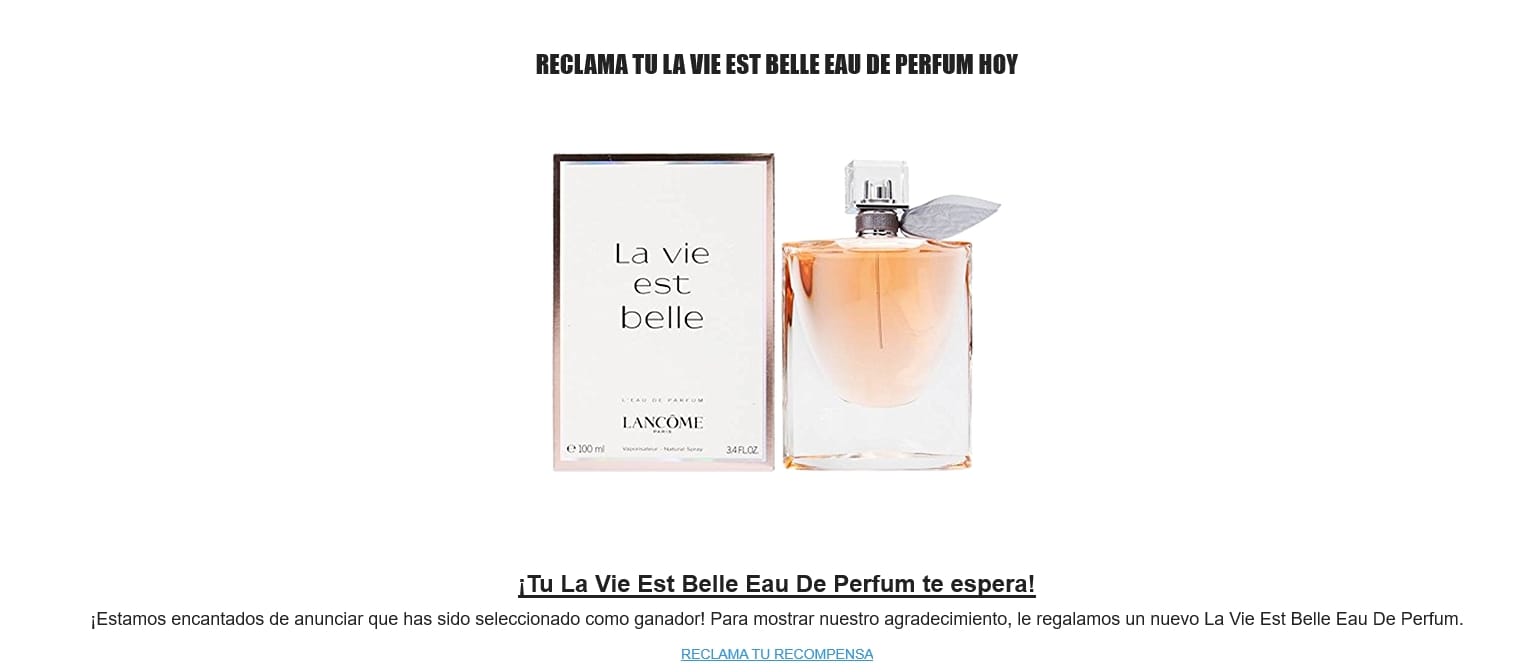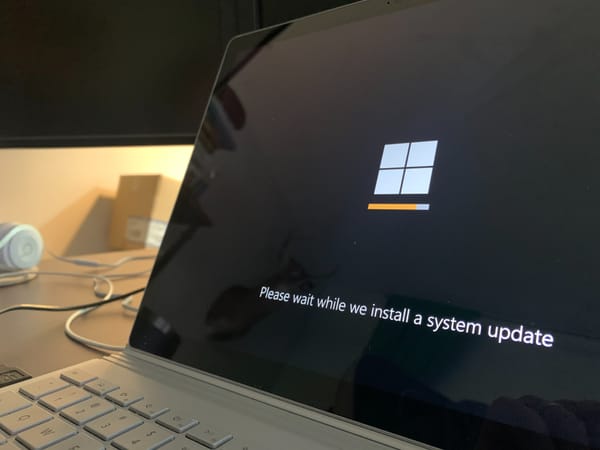Half of Valentine’s Day Spam Emails Are Scams: How Cybercriminals Exploit the Season of Love

Note: All product and company names mentioned herein are for identification purposes only and are the property of, and may be trademarks of, their respective owners.
Valentine’s Day is a time for love, romance, and thoughtful gestures, with many people eagerly anticipating gifts, heartfelt messages, and romantic surprises from loved ones. Amid the roses and chocolates, however, lingers an unwelcome guest—spam. Instead of just being greeted with affectionate emails and special offers, inboxes are increasingly flooded with scam messages centered around this romantic holiday.
Bitdefender Antispam Lab's latest findings reveal that 50% of Valentine’s Day spam emails are scams designed to steal personal data and financial information, or hijack accounts.
So, whether you don’t care for the hype surrounding Valentine’s Day or you’re really into romantic gestures, stay tuned to find out what’s on the Valentine’s Day fraudulent spam agenda of 2025.
More Valentine’s Day Scam Emails Are on The Horizon
In 2025, Bitdefender Antispam Lab marked 50% of all Valentine’s Day-themed spam received between Jan 13 and Feb 7 as scams, a sharp increase from the previous year, when only 25% of unsolicited emails were tagged as fraudulent. The remaining emails were identified as traditional marketing lures.
Top Sources and Destinations of Valentine’s Day Spam
Bitdefender’s analysis highlights that the United States is the primary source of Valentine’s Day spam, accounting for 58% of detected cases. Other significant spam origins include Indonesia (9%), India (5%), and the United Kingdom (5%).

Spam campaigns linked to Valentine’s Day have been increasing since mid-January, peaking at 7% of global Valentine’s-themed spam traffic on Jan. 21 and Feb. 2. This seasonal trend suggests that scammers exploit the heightened emotional engagement and consumer spending during this period to target victims effectively.
The United States is also the top destination for Valentine's Day spam emails, with 49% of all emails landing in American inboxes, followed by Germany (14%) and Ireland (11%).

Common Valentine’s Day Scam Tactics
One of the most commonly observed tactics on this year’s scam agenda was the survey-based lure, which promotes Valentine's Day packages and gifts. These scams promised recipients the chance to “win” Valentine’s rewards in exchange for answering a few simple questions. However, their real intent is to harvest names, addresses, and payment details. Many of these fraudulent surveys ask victims to pay a small “processing fee” or enter credit card details for “verification,” leading to financial theft.
Our analysis also found that many scam campaign templates were localized for different regions or followed a repetitive pattern across multiple fraud schemes, making them appear more authentic to unsuspecting victims.
It is crucial to understand that these fraudulent websites and surveys are in no way associated with the well-known or respectable brands they impersonate. Scammers deliberately exploit the reputation of trusted companies to mislead consumers, causing harm not only to victims but also eroding trust in legitimate businesses.
Some recent examples include:
- Fake Cadbury Chocolate Giveaways: Recipients were lured with the promise of a free Cadbury Ultimate Selection.

- Costco Valentine’s Day Basket for a chance to win a selection of treats for your loved one.
- Valentine’s Flower Basket Scam: Recipients are told they’ve won a fancy Valentine’s Day basket and must “secure their chance” by clicking one link to pay shipping fees.

- La Vie Est Belle Perfume Scam: This campaign informed recipients they have been “randomly selected” to receive a free bottle of Lancôme's La Vie Est Belle Eau de Parfum for their loved ones.

- Rituals Valentine’s Package Scam: This is another classic fake prize scam, encouraging victims to “claim their reward” by entering personal information and paying for shipping.

- Fraudulent Dating Websites and Platforms: Some scam campaigns promote fake dating websites designed to steal user information, trick victims into costly subscriptions, or engage them in romance scams.
- Booking.com Phishing Emails: With the rise in romantic getaways during Valentine’s season, scammers are leveraging fake Booking.com emails to steal login credentials.
How to Avoid Valentine’s Day Scams
With cybercriminals capitalizing on love-themed scams, here are some steps you can take to fend them off:
- Be extra cautious about free giveaways – If it sounds too good to be true, it probably is. Ask yourself how you could have won a prize without participating in any legitimate raffle or giveaway.
- Verify the sender – Official companies don’t announce winners through unsolicited emails or from email addresses with domains ending with gmail.com, yahoo.com, hotmail.com or variations of the legitimate company domain.
- Check for red flags – Poor grammar (yes, it can still be a thing in some scam campaigns), urgent calls to action, and unfamiliar links are signs of phishing attempts.
- Avoid unknown dating platforms – Stick to well-known, reputable dating services and be wary of unsolicited messages, unsolicited links, subscriptions and offers to engage in “investments”.
- Double-check travel bookings – If you receive an email from Booking.com or another travel platform, go directly to their website instead of clicking a link.
- Avoid responding to unsolicited surveys – Never provide personal or financial information in response to online surveys that claim to offer rewards.
- Use our free scam detection tools – Bitdefender Link Checker and Bitdefender Scamio, help you detect scams and fraudulent links in real time before they can harm you.
Scamio can analyze any texts, messages, links, QR codes, or images and give you a verdict on whether they are part of a scam. You can also help others stay safe by sharing Scamio with them in France, Germany, Spain, Italy, Romania, Australia, and the UK
Want to boost your security and safeguard your privacy this Valentine’s Day?
Valentine’s Day should be about celebrating love, not online fraud.
Explore Bitdefender's comprehensive security solutions designed to keep you safe from phishing scams, fraudulent emails, and online threats. Our award-winning security packages come equipped with advanced anti-phishing protection and real-time threat detection, ensuring you stay ahead of cybercriminals.
Additionally, E-mail Protection feature helps you detect and block malicious emails before they reach your inbox, protecting your personal information and digital assets.
Stay safe and Happy Valentine's Day!
tags
Author
Alina is a history buff passionate about cybersecurity and anything sci-fi, advocating Bitdefender technologies and solutions. She spends most of her time between her two feline friends and traveling.
View all postsRight now Top posts
How to Protect Your WhatsApp from Hackers and Scammers – 8 Key Settings and Best Practices
April 03, 2025
Outpacing Cyberthreats: Bitdefender Together with Scuderia Ferrari HP in 2025
March 12, 2025
Streamjacking Scams On YouTube Leverage CS2 Pro Player Championships to Defraud Gamers
February 20, 2025
How to Identify and Protect Yourself from Gaming Laptop Scams
February 11, 2025
FOLLOW US ON SOCIAL MEDIA
You might also like
Bookmarks








